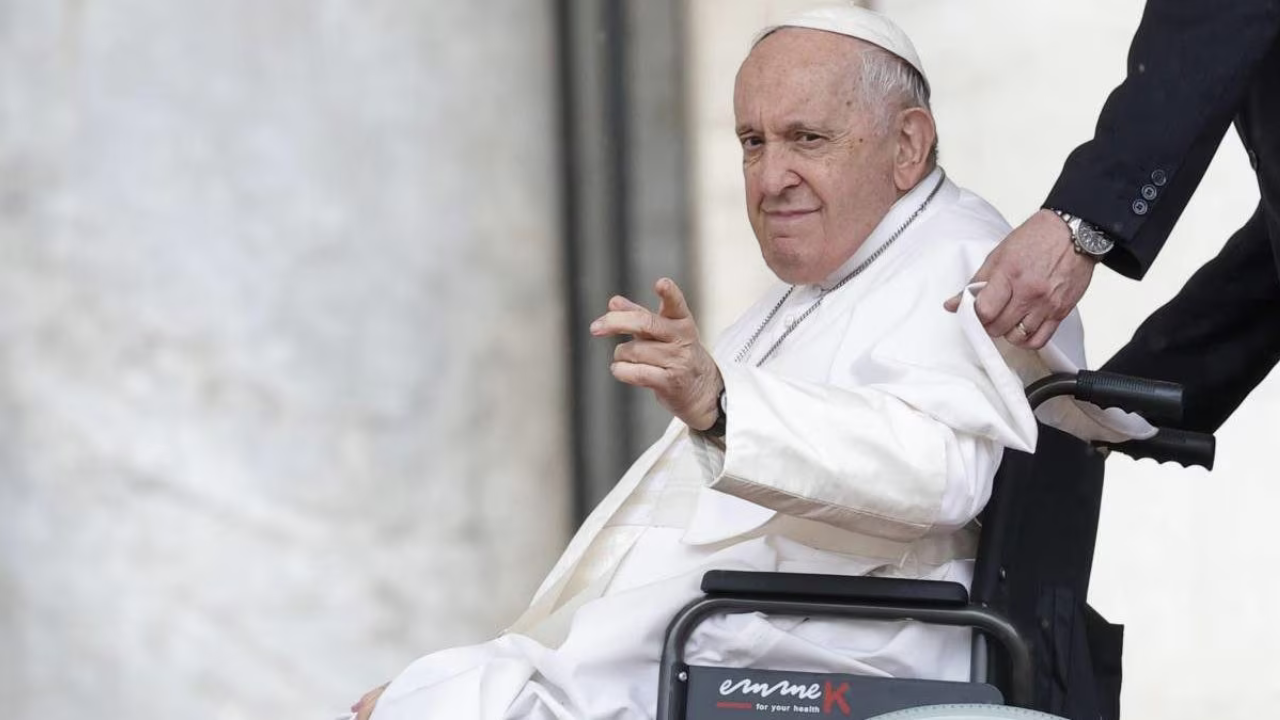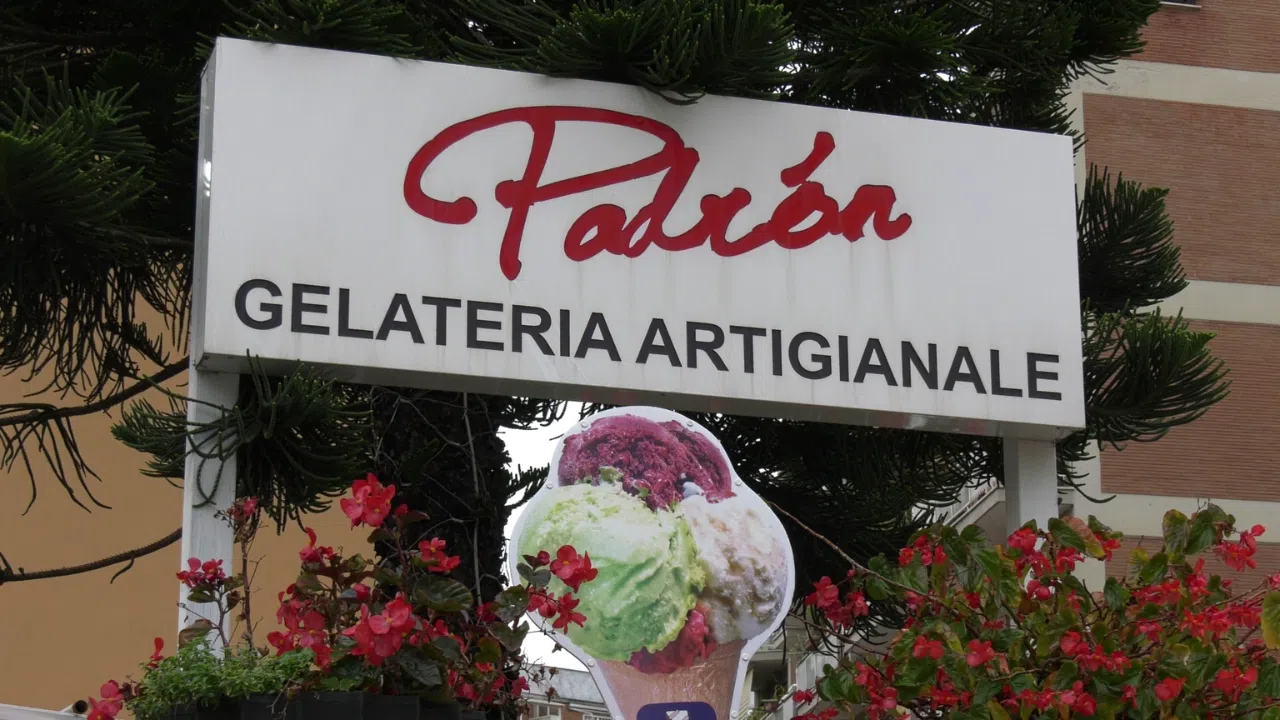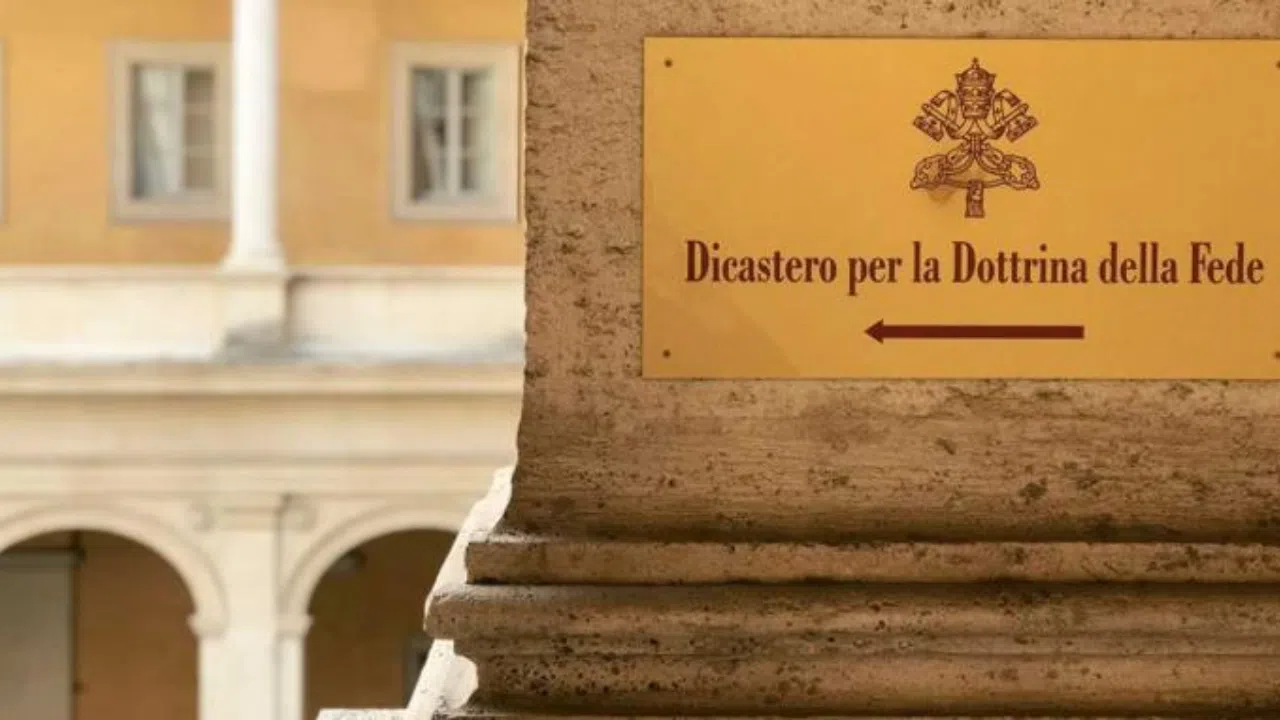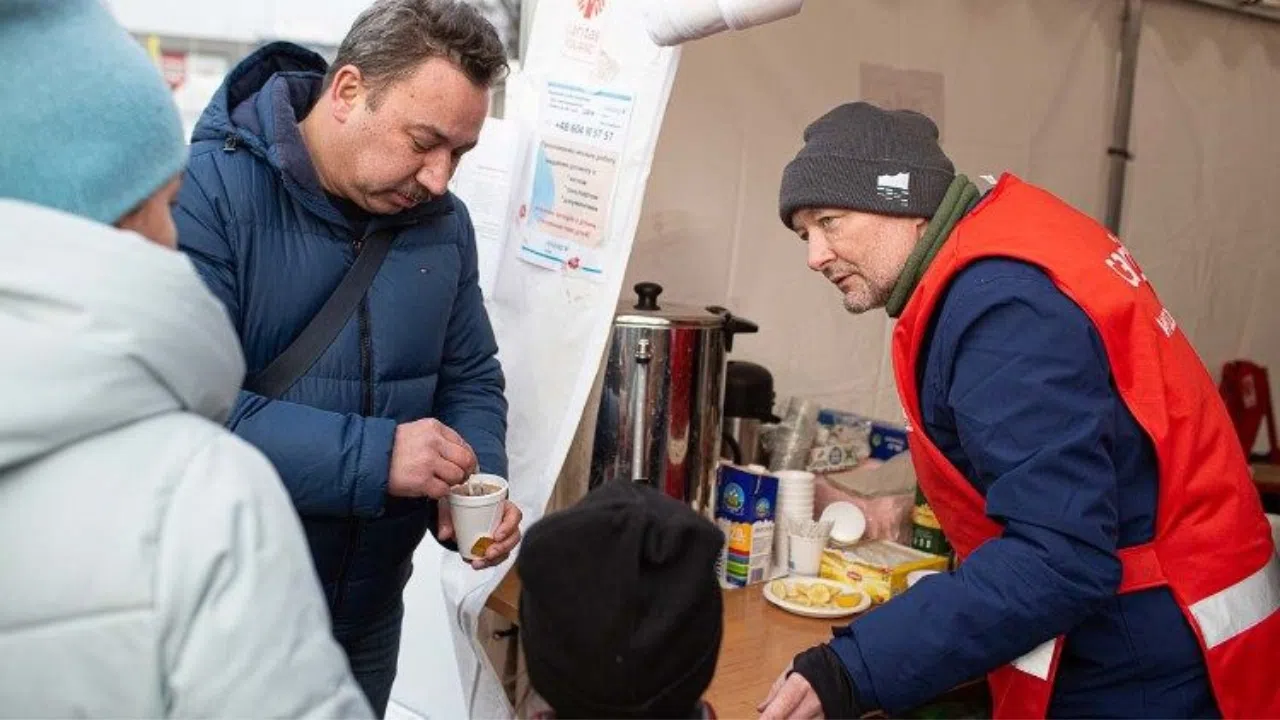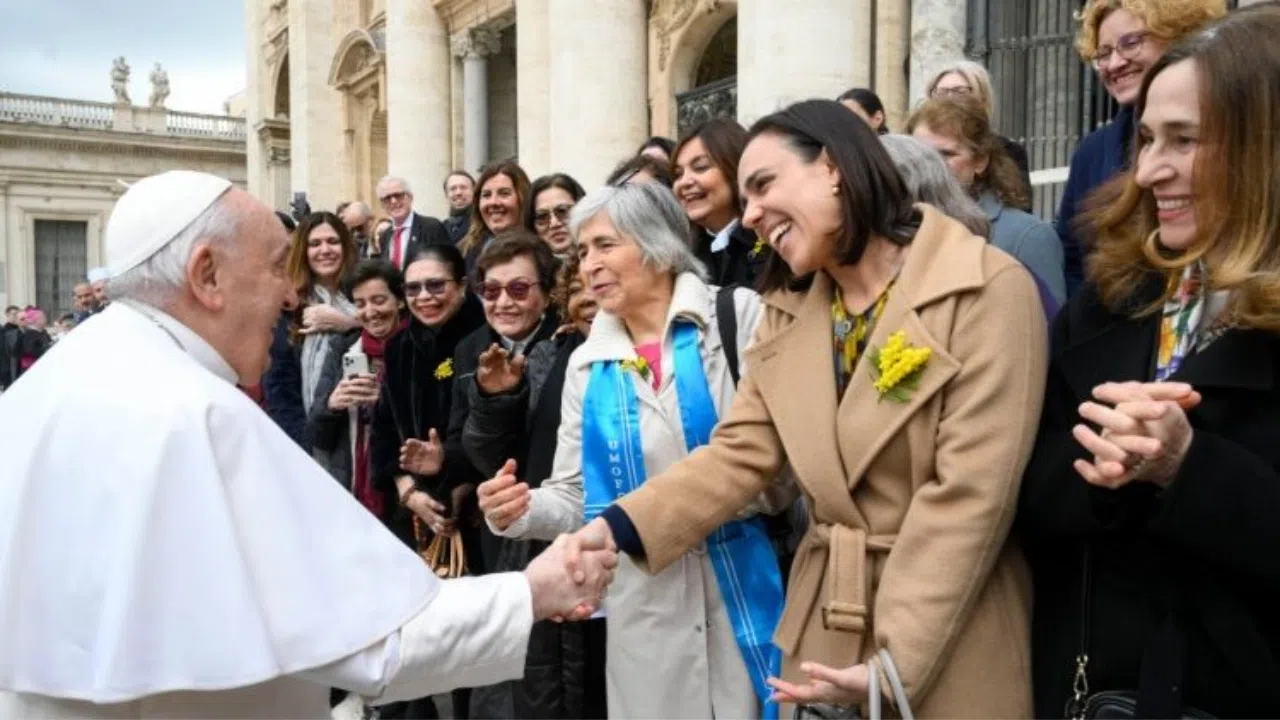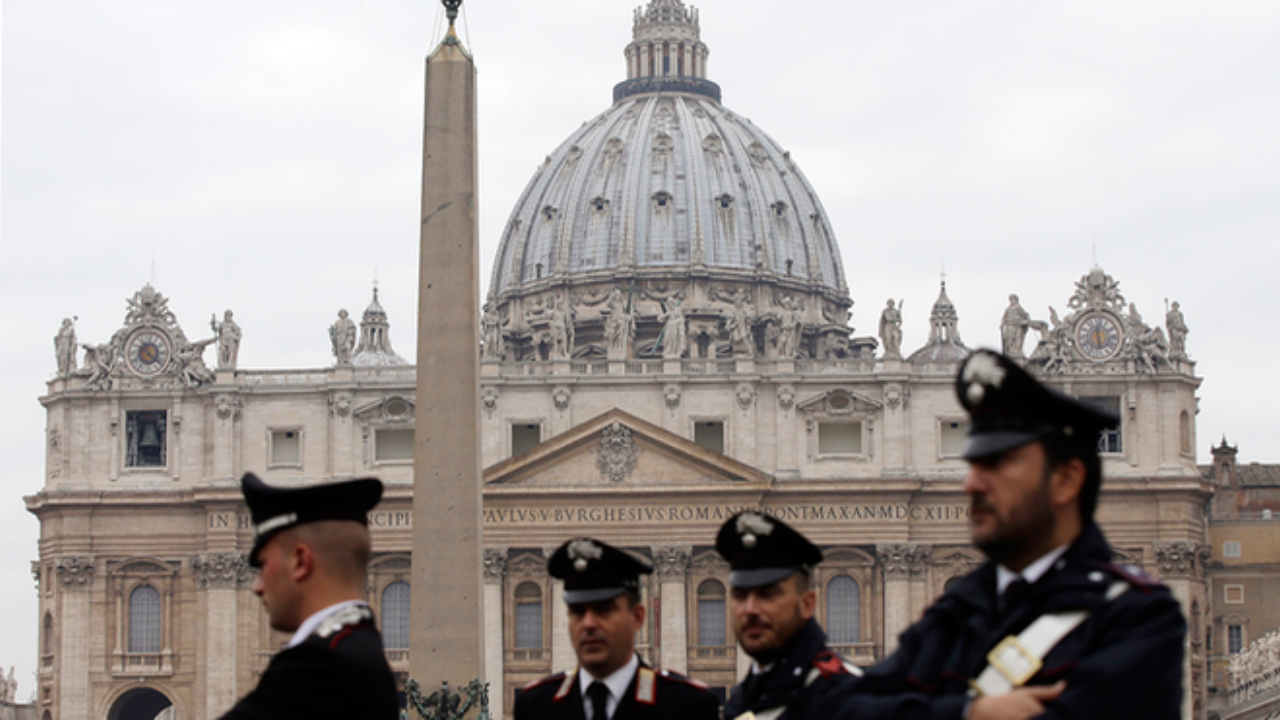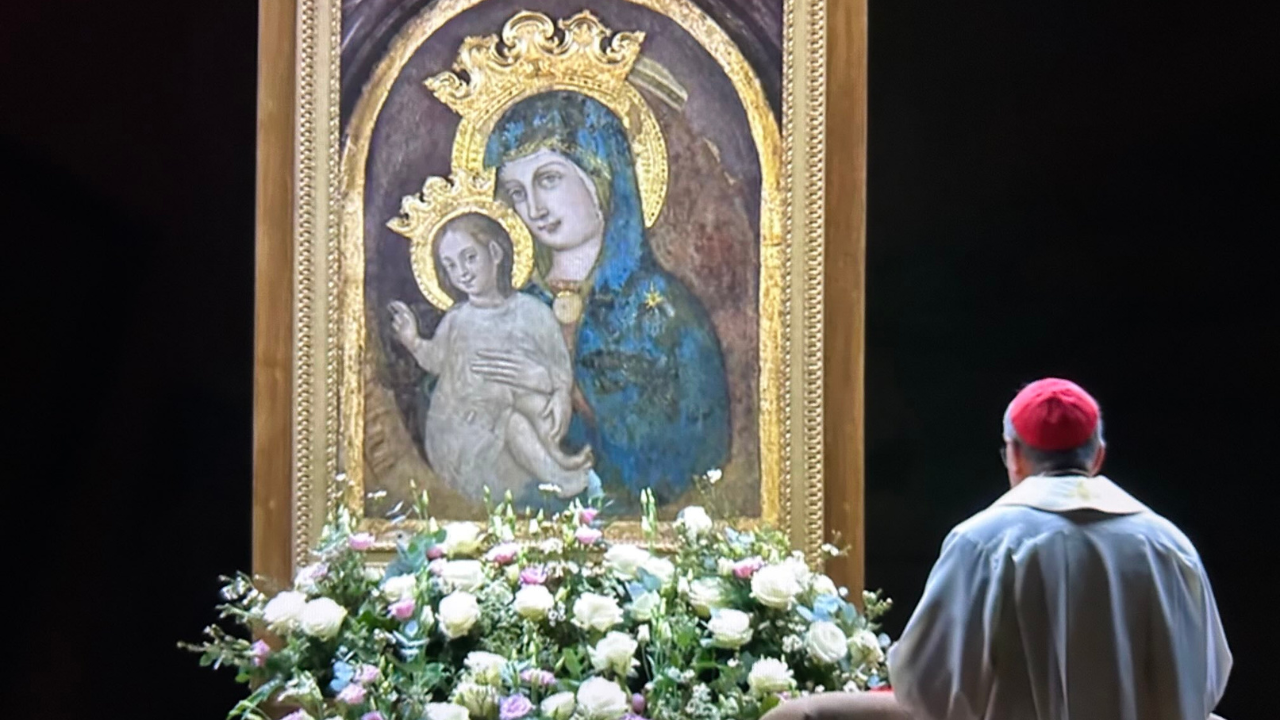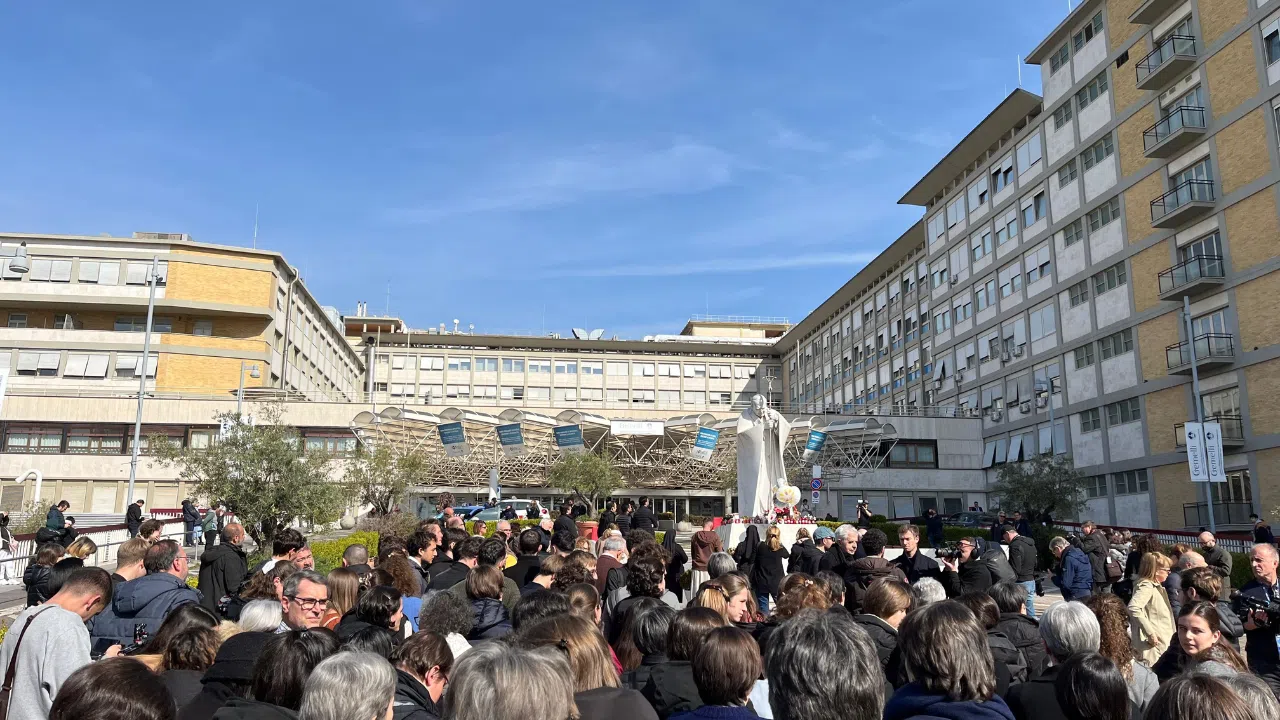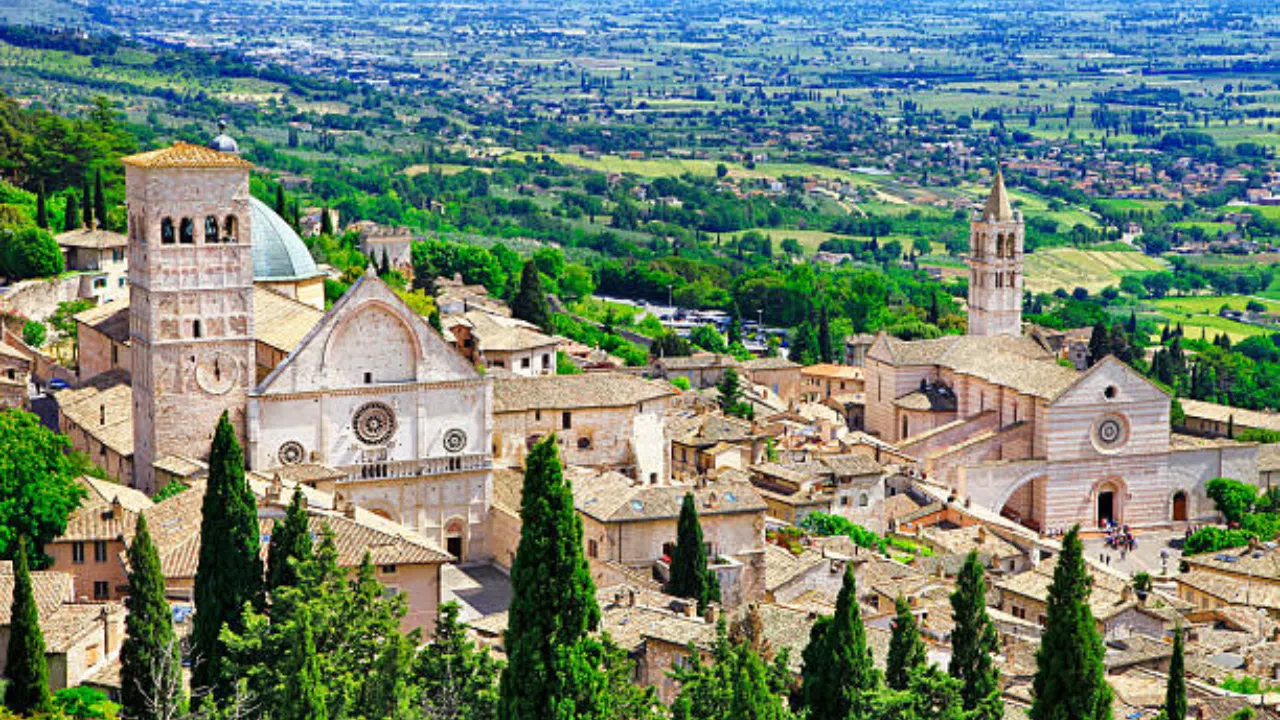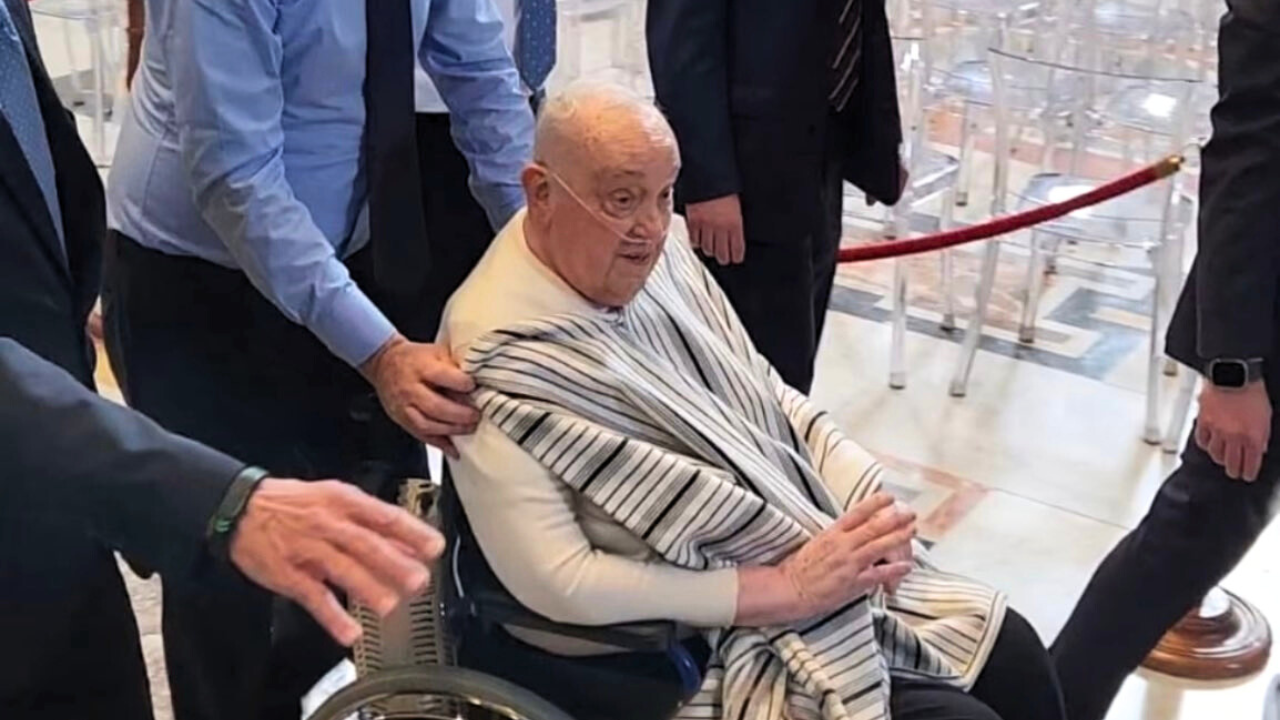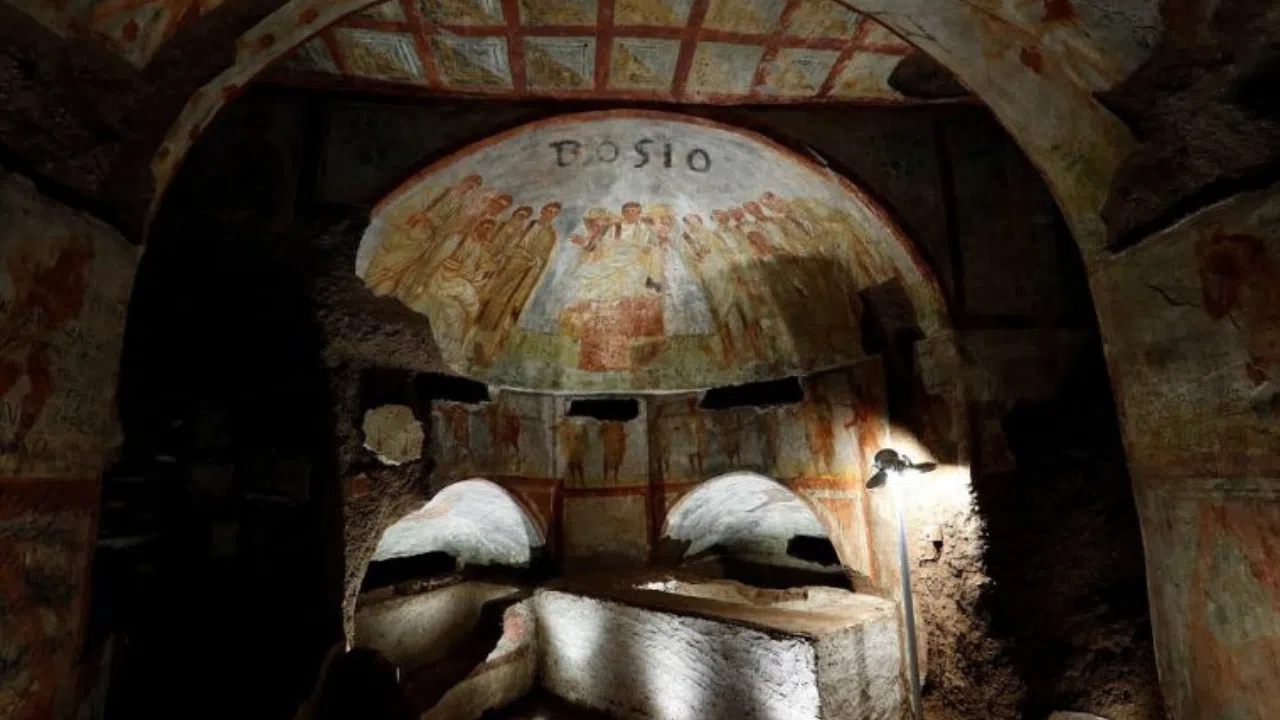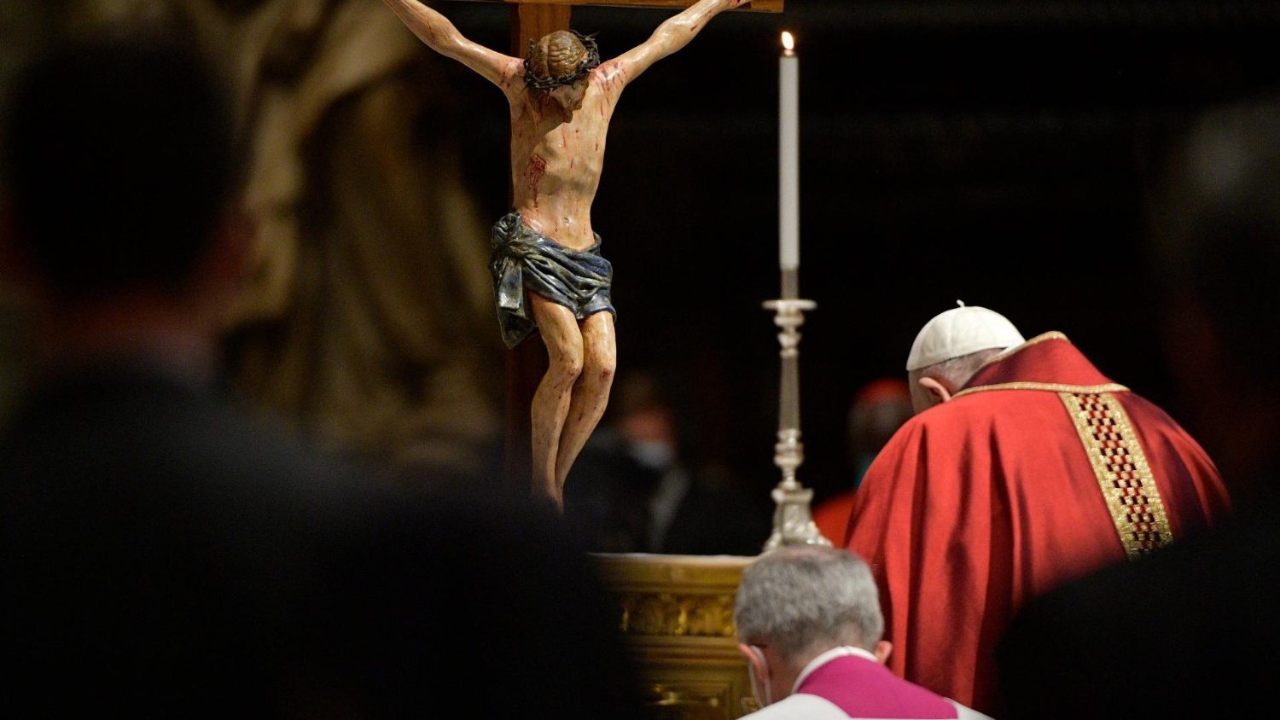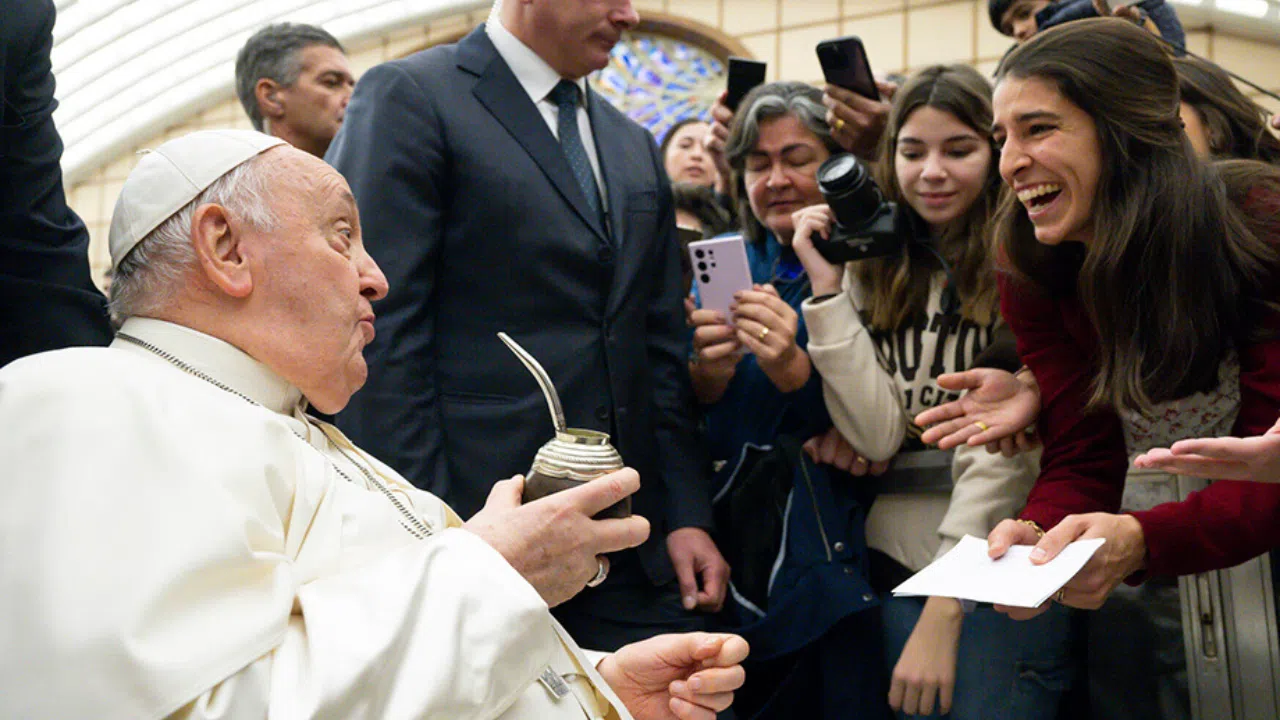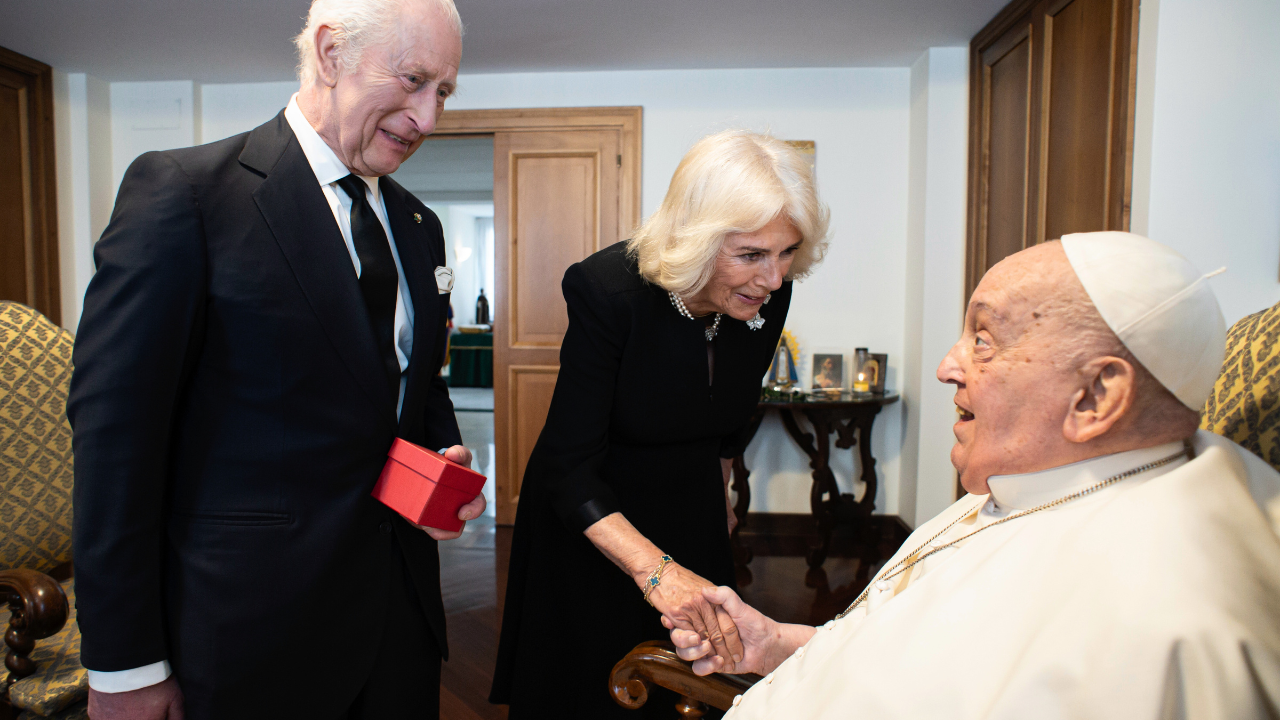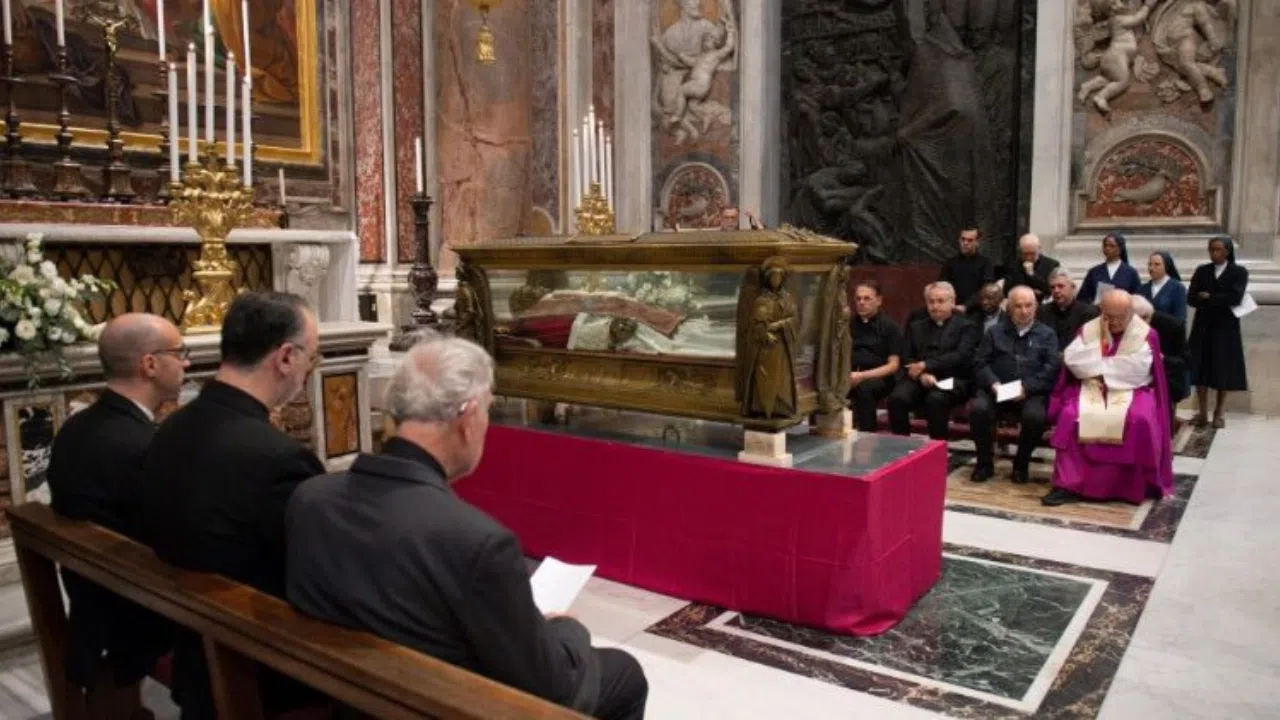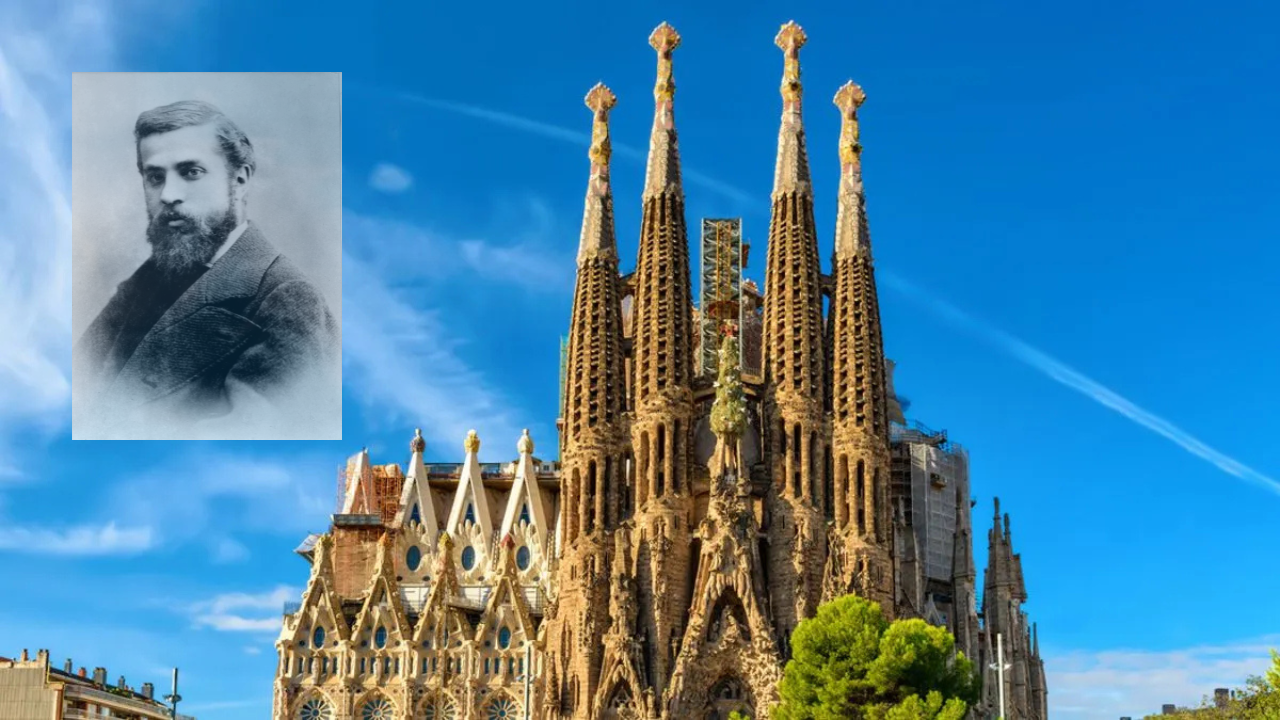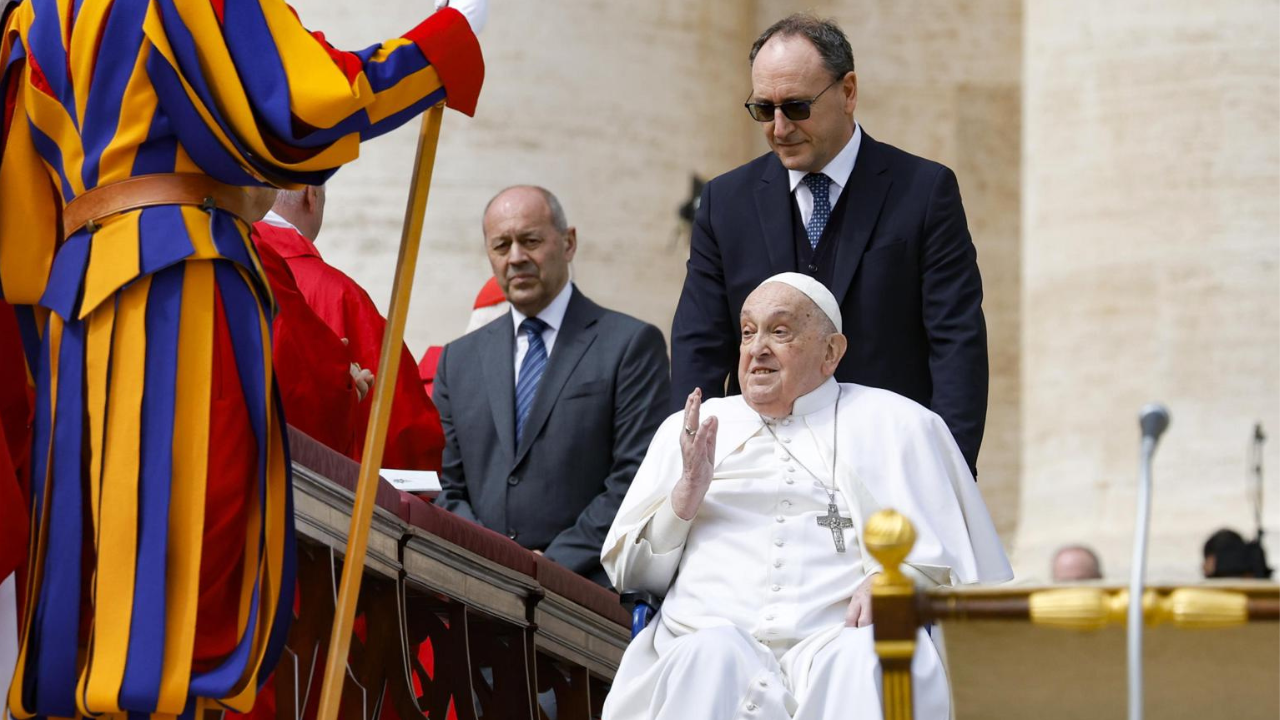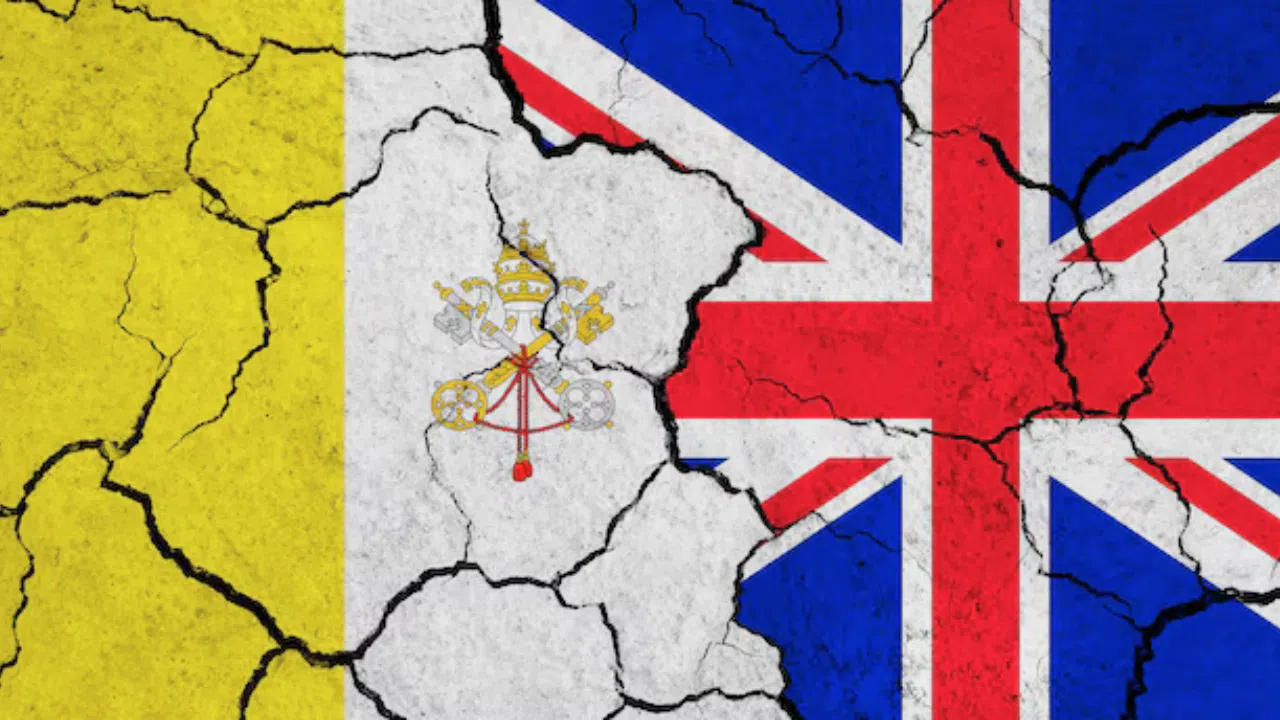The Vatican has always defended the two-state solution as the starting point for peace in the Holy Land. The Vatican Foreign Minister points out that the events of recent months only reaffirm the Holy See's position.
ABP. PAUL RICHARD GALLAGHER
Vatican Secretary for Relations with States
And I think many people, although recognizing that it is a very, very difficult call, realize that it's probably the only option on the table at the moment. And, as we know, if there is the political will to bring this about, it can happen. Now, that's a big, big call and we know that. But this situation is so grave, what we have already witnessed is so terrible that we need to do something like this.
Archbishop Gallagher highlighted the fact that the two-state solution needs time and that it is not about outlining a predefined plan. He says it is key that, little by little, the parties involved in the conflict reach understandings on the issues they can agree on. It would be a type of small-step diplomacy, as the Vatican has applied in other situations.
ABP. PAUL RICHARD GALLAGHER
Vatican Secretary for Relations with States
I don't think it's sort of like a magic bullet that we pull out. It may be something that has to exist on paper, maybe with some degree of understanding, and then to be worked out. As, for example, within this two-state solution, in our version of it, if you like, we don't go as far as to deciding if is Jerusalem going to be the capital of Israel [or] the capital of Palestine.
Over the past few months, the Archbishop has made several diplomatic journeys. One of them was to Jordan to celebrate 30 years of diplomatic relations with the Holy See. There, he met with Caritas and emphasized the enormous humanitarian work they carry out. They have managed to provide some 30 million dollars to the needy people of Gaza, the West Bank and Jerusalem.
Speaking about Ukraine, Archbishop Gallagher reiterated the Vatican's position of working to end the violence.
ABP. PAUL RICHARD GALLAGHER
Vatican Secretary for Relations with States
The position of the Holy See is quite clear and the Holy Father has expressed this on numerous occasions: that the Holy See does not wish and will actively work to avoid any escalation of this war.
So I think that although we would be encouraging all parties to take such measures to de-escalate the situation, at the same time, we have to be realistic about the situation on the ground today and the fact that this is proving to be an extremely difficult, bloody and costly conflict.
Recently, Vatican diplomacy has been active far beyond European borders. The first Vietnam-Holy See Joint Working Group met in Hanoi. This meeting comes 10 months after the historic agreement between Vietnam and the Vatican to have a resident papal representative in the country.
ABP. PAUL RICHARD GALLAGHER
Vatican Secretary for Relations with States
I think they saw that having somebody representing the Holy Father in the country would help us to improve our relations, would help cooperation and would help us also, we have to be honest, to help us deal with difficulties and problems—some of the things which the authorities may not appreciate about the Church. So that at least they'd have someone to go to and to talk about it.
Archbishop Gallagher pointed out that the Vietnamese authorities greatly appreciated the Church's social work during the pandemic.
Diplomatic relations between the Vatican and Vietnam ceased in 1975 with the arrival of communism. However, regular communication resumed in the late 1990s and now this joint working group is dedicating its efforts to improving these bilateral relations.
KG/JRB

